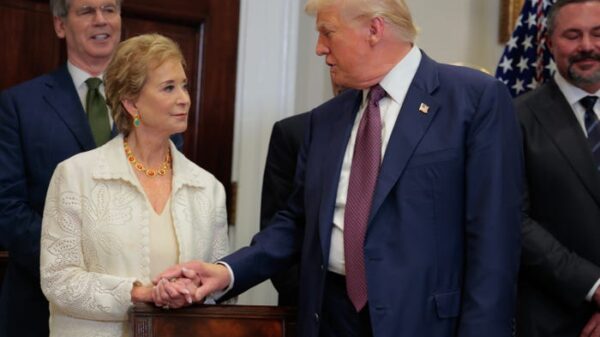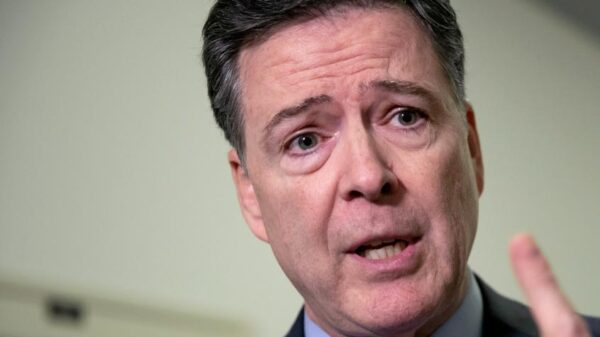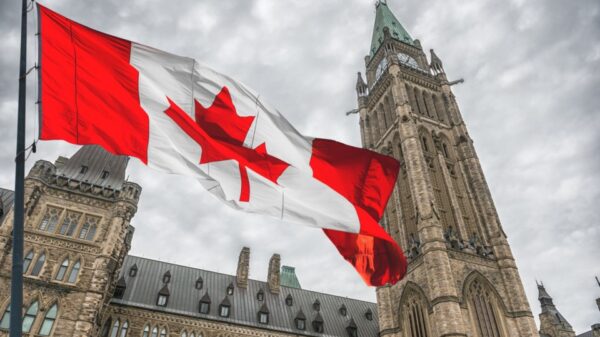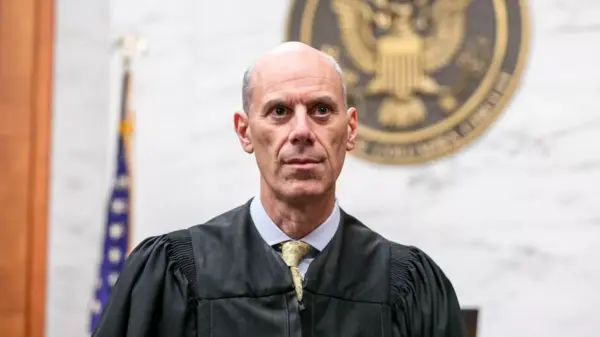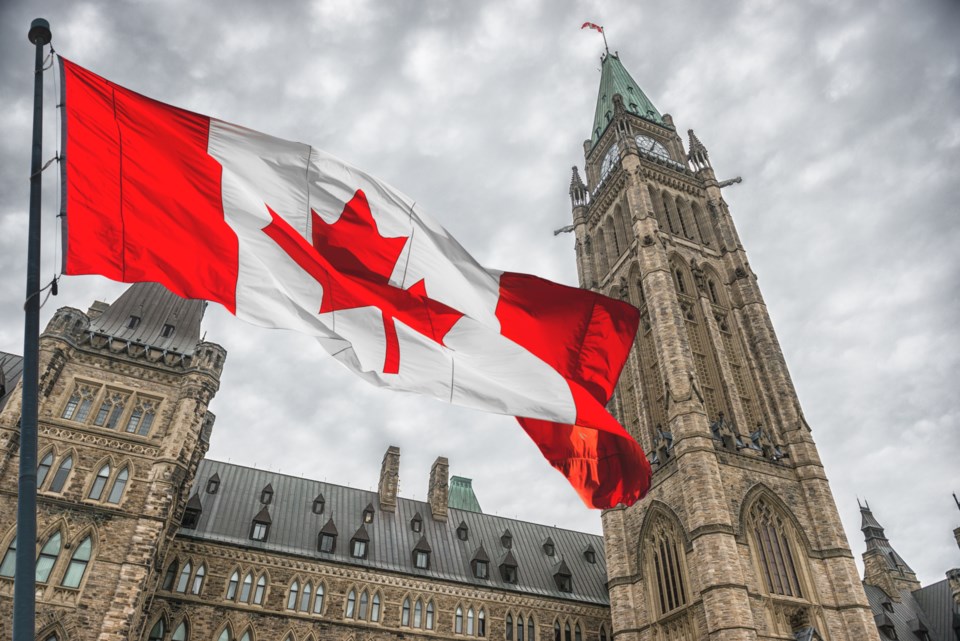The recent passage of the federal budget has alleviated concerns regarding the potential for an early election. Local party representatives indicated that many voters are likely not in favor of facing an election at this time, suggesting that stability is preferred over political uncertainty.
This decision comes as the government seeks to address pressing economic issues while maintaining public confidence. The budget outlines key priorities, including healthcare funding and infrastructure projects, which are expected to resonate with constituents.
Political Climate and Voter Sentiment
Local representatives emphasized the importance of focusing on pressing issues rather than electoral politics. Many believe that the electorate is fatigued by the prospect of another election so soon after the last one. According to a survey conducted by the National Electoral Institute in February 2024, over 65% of voters expressed a desire for the government to prioritize legislative action over political campaigning.
Moreover, the timing of the budget’s passage in early March 2024 has been viewed favorably by those wanting to avoid an election that could disrupt ongoing policy implementation. Some political analysts argue that maintaining current governance allows for more effective management of resources during a challenging economic period.
Implications for Future Elections
The passage of the budget not only provides immediate financial clarity but also sets the stage for future electoral dynamics. With the government now focusing on executing its policy agenda, the likelihood of an election being called in the near term has diminished.
Local party representatives have been vocal about their stance, underscoring that the electorate’s preference is for stability rather than political maneuvering. This sentiment reflects a broader trend seen across several regions, where voters are prioritizing economic stability over political change.
As the government works to implement the budget’s provisions, the political landscape may shift further, potentially influencing attitudes toward future elections. Political parties are now tasked with demonstrating their effectiveness in governance, which could ultimately shape voter sentiment in the next electoral cycle.
In summary, the successful passage of the federal budget has quelled immediate fears of an electoral showdown, allowing the government to focus on critical issues impacting citizens. As the country moves forward, the emphasis will likely remain on governance and policy effectiveness, rather than political campaigns.





